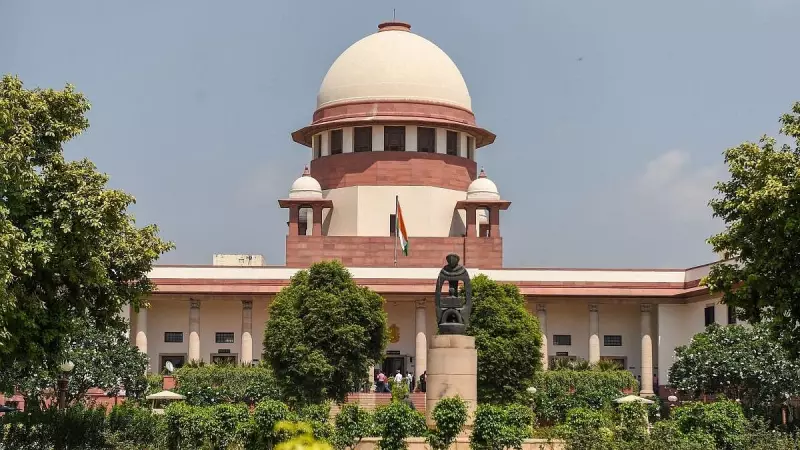
The Supreme Court's firm stance on maintaining the 50% ceiling for reservations has put Karnataka's 56% quota policy under intense legal scrutiny, creating a constitutional dilemma that could reshape affirmative action in the state.
What's the Core Conflict?
While hearing petitions challenging the state's reservation matrix, the Supreme Court has repeatedly emphasized that exceeding the 50% limit should remain an "exception rather than the rule." This position directly conflicts with Karnataka's decision to increase total reservation to 56%, including the controversial internal reservation categories.
Karnataka's Reservation Breakdown
The state's current reservation structure includes:
- SC (Scheduled Castes): 17%
- ST (Scheduled Tribes): 7%
- OBCs (Other Backward Classes): 32%
This cumulative 56% significantly surpasses the judicial benchmark established through decades of constitutional jurisprudence.
Legal Precedents vs Political Reality
The Supreme Court's position isn't new. In the landmark Indra Sawhney case (1992), the court clearly stated that reservation should not exceed 50% except in "extraordinary situations." Subsequent judgments have reinforced this principle, creating what legal experts call the "Lakshman Rekha" for reservations.
However, Karnataka argues that its unique social composition and historical disadvantages justify crossing this threshold. The state government maintains that the increased quota is essential for addressing specific regional backwardness patterns.
The Internal Reservation Controversy
Complicating matters further is the internal reservation within SC communities, where the court has questioned the methodology behind sub-categorization. The bench has sought empirical data to justify these internal allocations, putting additional pressure on the state's rationale.
What This Means for Karnataka
The legal battle has far-reaching implications:
- Political Impact: Reservation policies are politically sensitive, and any judicial intervention could have significant electoral consequences.
- Social Dynamics: Communities banking on increased quotas face uncertainty about their future representation.
- Legal Precedent: The outcome could set guidelines for other states considering similar quota expansions.
As the constitutional bench continues its examination, all eyes are on whether Karnataka can present compelling evidence to justify crossing the 50% threshold or if the Supreme Court's ceiling will prevail, potentially forcing a major policy revision.






